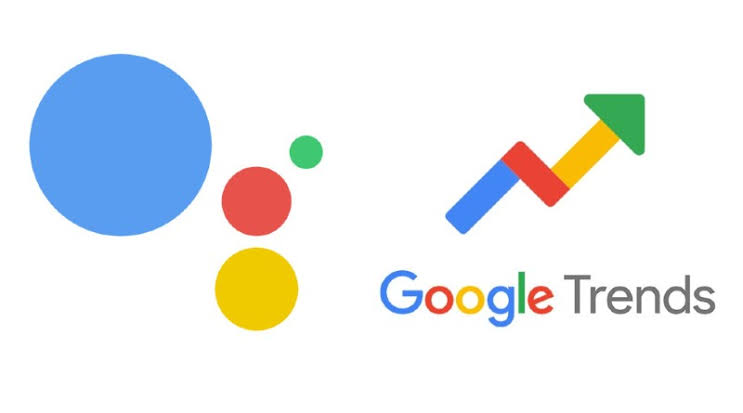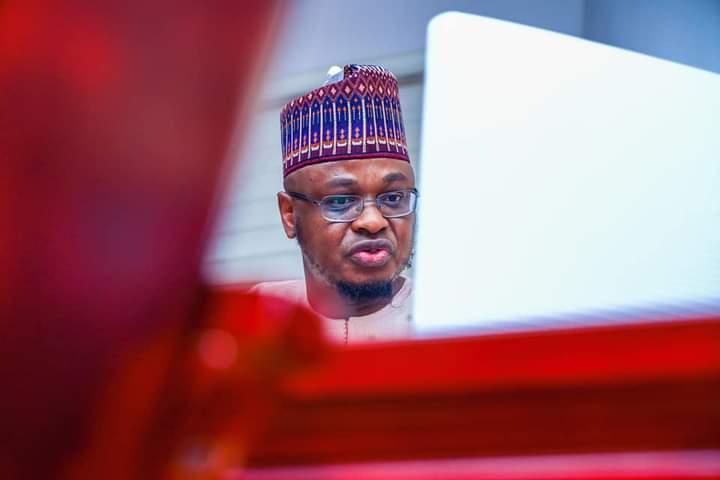Exchanging your gift cards for cash in Nigeria is now quite easy compared to the earlier struggle. You can decide to sell any gift card in your possession for some naira. Whether you have a Google Play Card, Steam Gift Card, Amazon Gift Card, or any other, you can redeem them for money in Nigeria.
What is important is finding a reliable platform where you can exchange them for the best exchange rates and get paid within a few minutes.
Are you curious about how to sell a $100 Google Play Card in Nigeria? Here is a guide on how to do that seamlessly.
What is Google Play?
Google Play is the famous Google’s main store where Android apps, e-books, music, games, and movies are hosted.
As an Android user, you can easily download any content directly from the Play Store app into your mobile device.
Just the same way, you can also send content from the Google Play store to your Android phone.
What is Google Gift Card?
Google Play Gift Card is one of the famous and mostly traded gift cards in Nigeria. It is sold by different retailers including Amazon, Walmart, Walgreens, Target, etc., and can be used as a substitute payment means to pay for apps, music, and games on the Play Store.
It can also be used as gifts for Android users who love ordering digital products. If you would prefer to have some extra cash, you can choose to redeem Google Play gift card.
Google Play Gift Card is available in different forms and values. It must be activated before it can be used just like other gift cards. It can come in physical form as a plastic card or as an ecode which you can get through email or phone number when bought online. Generally, the physical card has a higher value than the ecode.
The resell value is quite high because of its popularity as there is always a high demand for Google play gift cards. This positively affects its value leading to its high rates.
It is also available in various currencies including the UK, US, EURO, CAD, CHF, and more. It also comes in various nominations like 20, 50, 100, 200, and 500.
Interestingly, this card does not expire and it’s quite seamless to operate. You only need to be aware of the balance on the card and fund it when necessary.
How much is a $100 Google play gift card today?
Currently, a $100 Google play gift card is between 27, 000 to 31, 000 naira. Be aware that the amount will always differ as the rates are subject to change. The resell value for a Google gift card or any gift card is not fixed.
There are platforms that have gift card rate calculators which would allow you to find the current value at any given time. This is another reason to always opt for the best platform.
How to Redeem a Google Play Gift Card?
Google Play Gift Card is now very much popular in Nigeria. A lot of people that own this card or are gifted are curious about the best and most secure platforms to sell their gift cards.
Unfortunately, scam sites are now rampant due to the high demand for Google gift cards. These false platforms disguise themselves as trading platforms and rip people off. This has spread distrust among people and kept them on their toes regarding where to sell their gift cards.
It is very important to do proper research and get to know about the secure trading platform in Nigeria. Ensure to go with the best choice so you can feel safe while carrying out your exchange.
You can choose to sell Google Play gift card for cash or redeem it on your android device to purchase games, music, games, or books with the balance.
Possible Errors While Redeeming a Google Play Gift Card
As much as you can resolve the following errors, ensure to buy your Google Play gift card from authorized stores so you won’t have to encounter them.
- “The code you entered had already been redeemed on a different account” – this means your card was either taken or used. Make sure to submit your complaint to Google Play support and the retail store you purchased it from.
- “Your code could not be redeemed” – this error comes up when your gift card is not activated yet. Just like other gift cards, it is necessary to activate your Google gift card. This process is required to prevent fraud and theft. You can report this to the store you purchased it and they will help you activate it.
- “This code didn’t work. Try again” – this might be because the code is incorrect. The code might have been typed wrongly. So, make sure to avoid errors while entering the code.
- “We need more info to redeem this card” – this is more common but the cause can’t be traced. When you encounter this error, make sure to report it to the store you bought it from.
How to Avoid Google Play Gift Card Scams?
If you want to exchange Google Play gift card for cash, be cautious of the following signs to prevent scams:
- Any promise of high deals that sounds too good to be true
- Stay away from any platform that uses middlemen
- Avoid using traders with bad reviews
- Platforms with a bad reputation are a no-no
- Ignore social media groups’ gift card trading
Conclusion
Choosing to trade Google Play Gift Cards is a good decision. Due to their high demand, the rates are always juicy. Being intentional about trading the gift card on a perfect site is an ever wiser move.
Look out for “true” high rates and where your information is secured. It is also important to consider 24/7 customer support in case you need assistance on spot.
Finally, how to redeem your gift card online is straightforward. Enjoy fast payment and smooth transactions as you trade!




